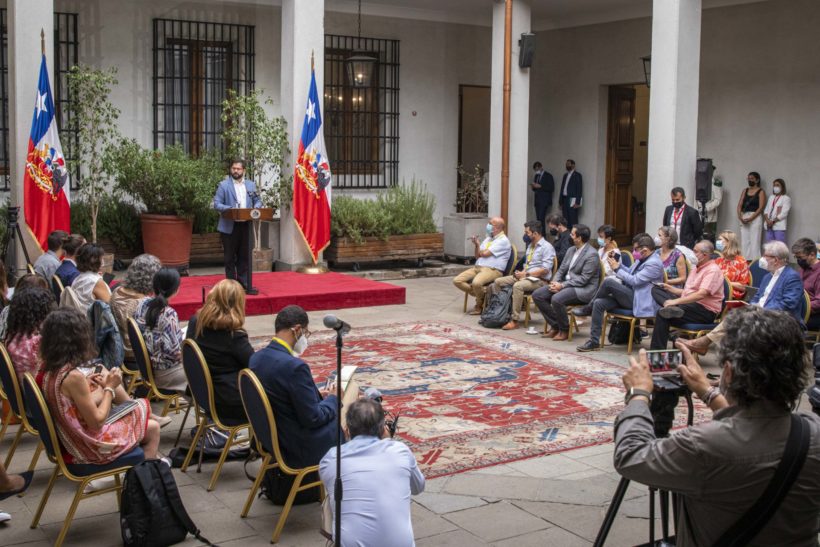The goals set by modern societies in terms of well-being have not been met in the quantity and dimension that people expected, generating social unrest. The responsibility for achieving these achievements has been placed on political leaders; however, given the constant failure to meet expectations, the political class itself has been called into question. On the one hand, the honesty of their intentions and actions in relation to achieving the declared objectives is questioned, insinuating a perverse psychology in those engaged in political activity, who would lie about their real motives and the expected effects of their behaviour; on the other hand, political orientations are also questioned which, although they might be honest, are considered to be mistaken or ineffective in the fulfilment of their purposes.
By Manuel Letzkus and David Álvarez
In this context, regardless of the honesty or efficacy of political orientations, a ruling class can be observed in the sway of questioning from different social groups, which demand solutions that require capacities that seem to be non-existent in politicians; or, if they have these capacities, they do not have honest intentions to use them according to the requirements of modern society.
Removing from the analysis the possible dishonesty of political leaders, we are left only with the question of their capacities to be accountable to the goals set by modern societies. Political actors have resources that can be used in a bureaucratic state structure, but societies are made up of economic and cultural structures that are not within the full reach of political will.
Thus, modern society demands economic and cultural capacities from its political class that no social class has on its own, society being a contingent web of groups and social interactions which are not fully controllable. In this scenario, political will is not a cause of social order, but one more variable in a larger set that surpasses it, which is overestimated in its real power of social transformation.
Manuel Letzkus and David Álvarez, Chilean academics from the Department of Organisational Management UTEM










